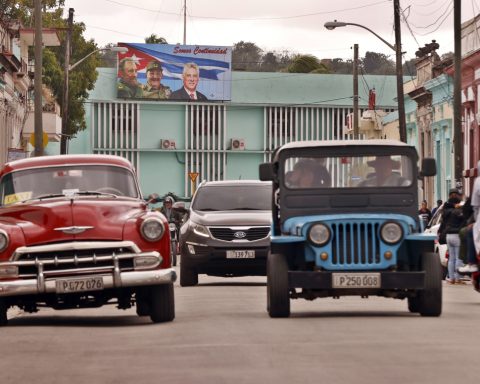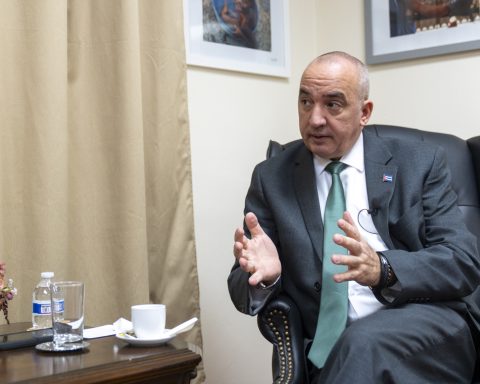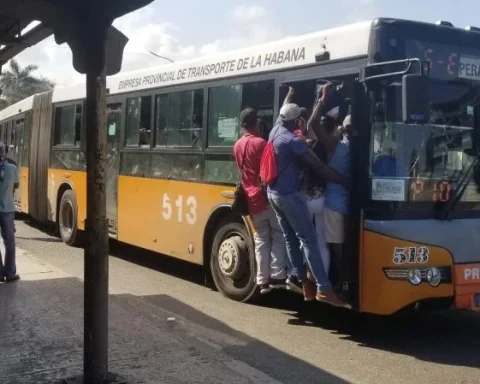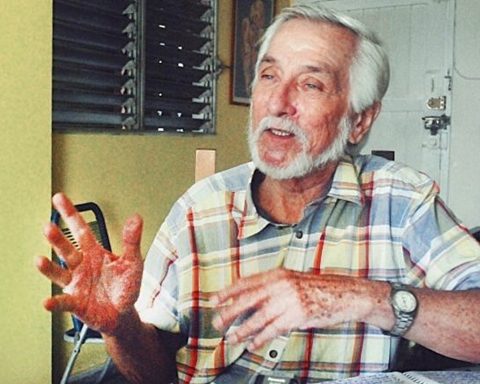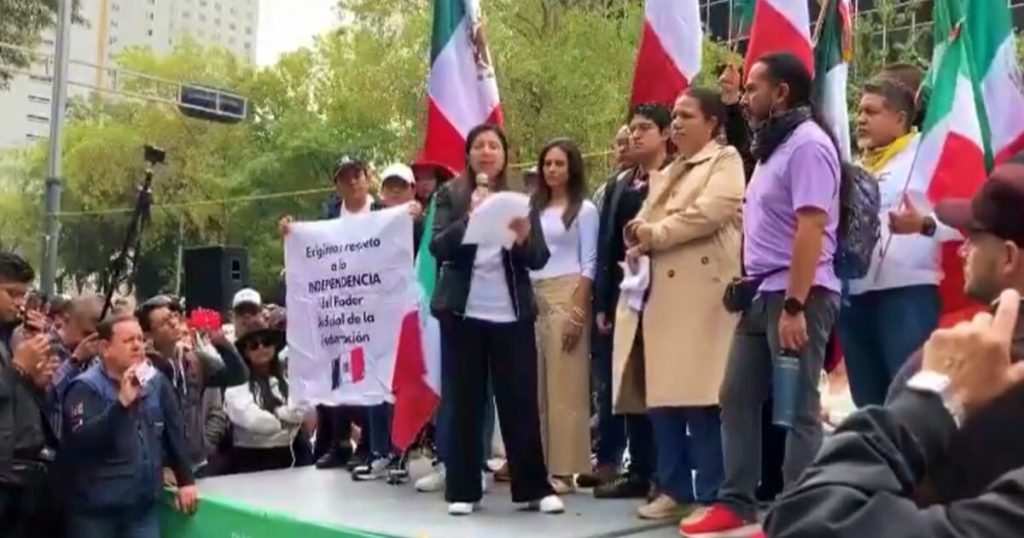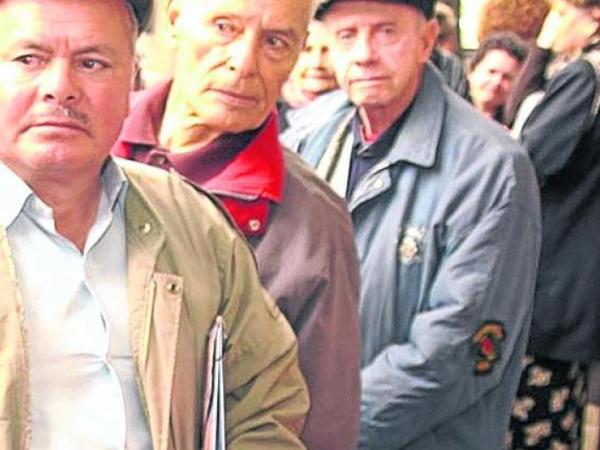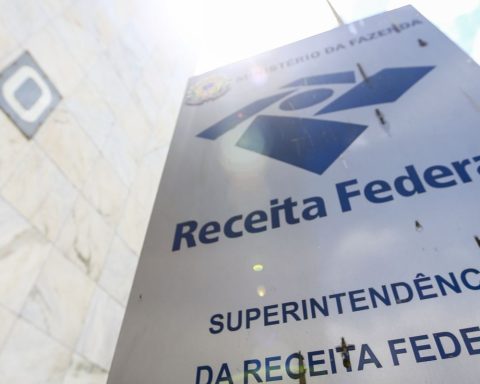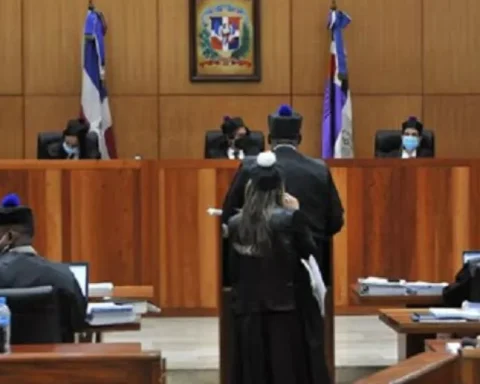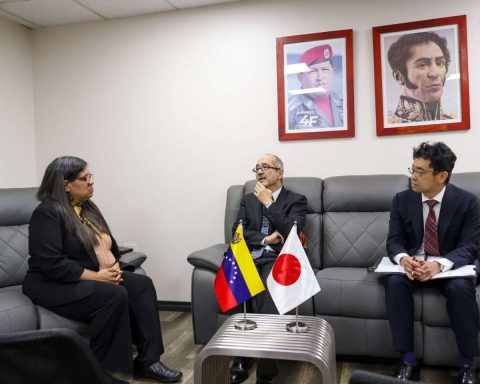AREQUIPA, Peru – This Wednesday began the XIV edition of the International Festival “Varadero Gourmet”, held in the renowned spa of the Island with the presence of nine countries and 27 exhibitors.
The event, which the Cuban regime promotes as a means to highlight haute cuisine and gastronomic innovation, will take place in a context marked by severe food shortages and insecurity affecting a large part of the population.
Jorge Luis Acosta, president of the organizing committee, explained that entities representing Venezuela, China, Spain, Chile, France, the United Kingdom, Russia, the United States and Cuba are attending the gastronomic event that will run until next Friday at the Plaza América Convention Center in Varadero.
In statements cited by Latin Pressthe general director of the extra-hotel company Palmares also pointed out that another of the goals of the event is the search for the sustainability of services by maintaining the quality and identity of the work done in the preparation of dishes.
When the festival’s agenda was initially announced last month, the Castro press reported that it would include conferences, exhibitions and culinary competitions that would address topics such as “changes in cooking to preserve,” “tradition and haute cuisine,” “artistic cuisine” and “knowledge of alternative cuisine.”
Among the activities that will be in competition are the categories of best chef in starter, main course and dessert, best sommelier in pairing, best assistant, best gastronomic team, as well as cocktail competitions in classic and flair (free) styles.
A festival in contrast with the reality of the Cuban people
The celebration of this haute cuisine festival in the midst of the deep food shortage that the country is experiencing has generated criticism and controversy, but it is not the first time that the Cuban regime has organized events of this type despite the deterioration in the living conditions of the population since 2021.
In May of this year, the Ministry of the Food Industry (MINAL) organized the Fourth International Fair of Food, Beverages, Packaging and Food Technology at Pabexpo in Havana. This event took place while most Cubans are facing difficulties in accessing basic foodstuffs. Also, in February, the fifth edition of the culinary festival “Cuba Sabe 2024” was inaugurated at the Iberostar Grand Packard Hotel in Havana, another event that stood out for its disconnection from the daily reality of the population.
Another example of this contrast was the celebration in November 2023 of “The White Dinner” (DEB) in Havana, an annual gourmet dinner that has been held for more than 30 years in various cities around the world. Dishes of lobster, pasta and lamb were offered, in a country where many citizens can barely obtain the necessities of a basic diet.
These events are perceived by Cubans as an insult, since the majority of the population has to make great efforts and “juggling” to put a plate of food on the table.
The seriousness of the food situation in Cuba has been documented by the Cuban Observatory of Human Rights (OCDH), which last July The report presented a report indicating that the food crisis is the main social problem in the country. According to the document, 72% of those surveyed consider this situation to be the most urgent, highlighting that seven out of ten Cubans have stopped eating breakfast, lunch or dinner due to lack of money or food shortages. Only 15% of the population has managed to eat three meals a day without interruptions.
In a previous analysis, published in April, the OCDH stressed that slaves in Cuba During the 18th and 19th centuries, slaves had a diet with higher nutritional value and more abundant than that of present-day Cubans. Based on research by historian Manuel Moreno Fraginals, the study indicates that slaves consumed daily half a pound of beef, beef jerky or cod, 500 grams of corn flour, sweet potato, yuca, pumpkin and plantain fufu.
The critical food situation on the island has drawn the attention of the international community. In June 2024, the NGO Food Monitor Program, together with the OCDH, denounced the seriousness of this crisis after Cuba was included for the first time in a UNICEF report on child malnutrition. This fact reflects the growing concern about the deterioration of living conditions on the island.
Also in May, the Inter-American Commission on Human Rights (IACHR) and its Special Rapporteurship on Economic, Social, Cultural and Environmental Rights (REDESCA) expressed their alarm at the worsening food insecurity in Cuba. They noted that this situation disproportionately affects vulnerable groups, such as the elderly, pregnant women, children, adolescents and people with chronic diseases.


